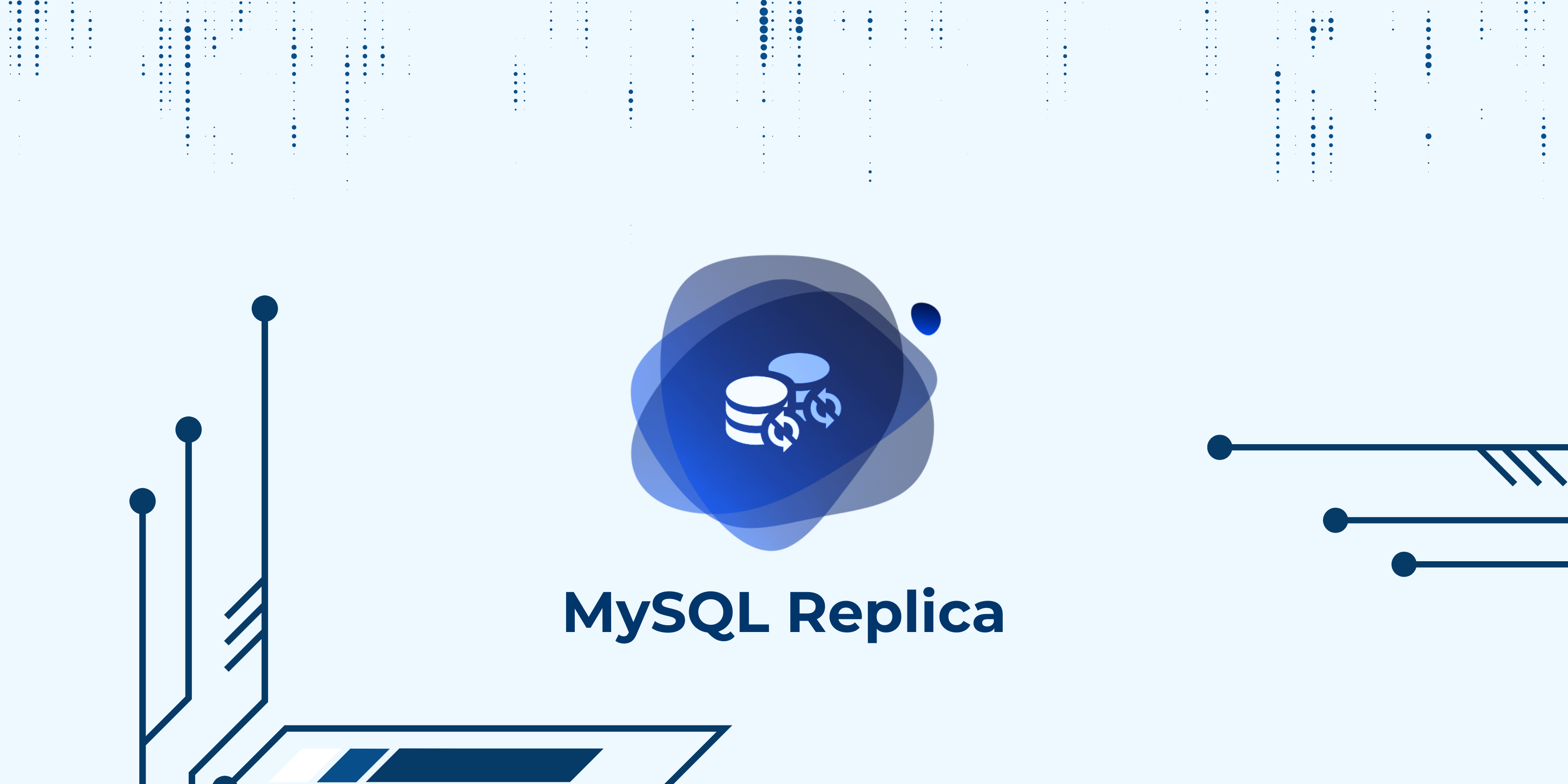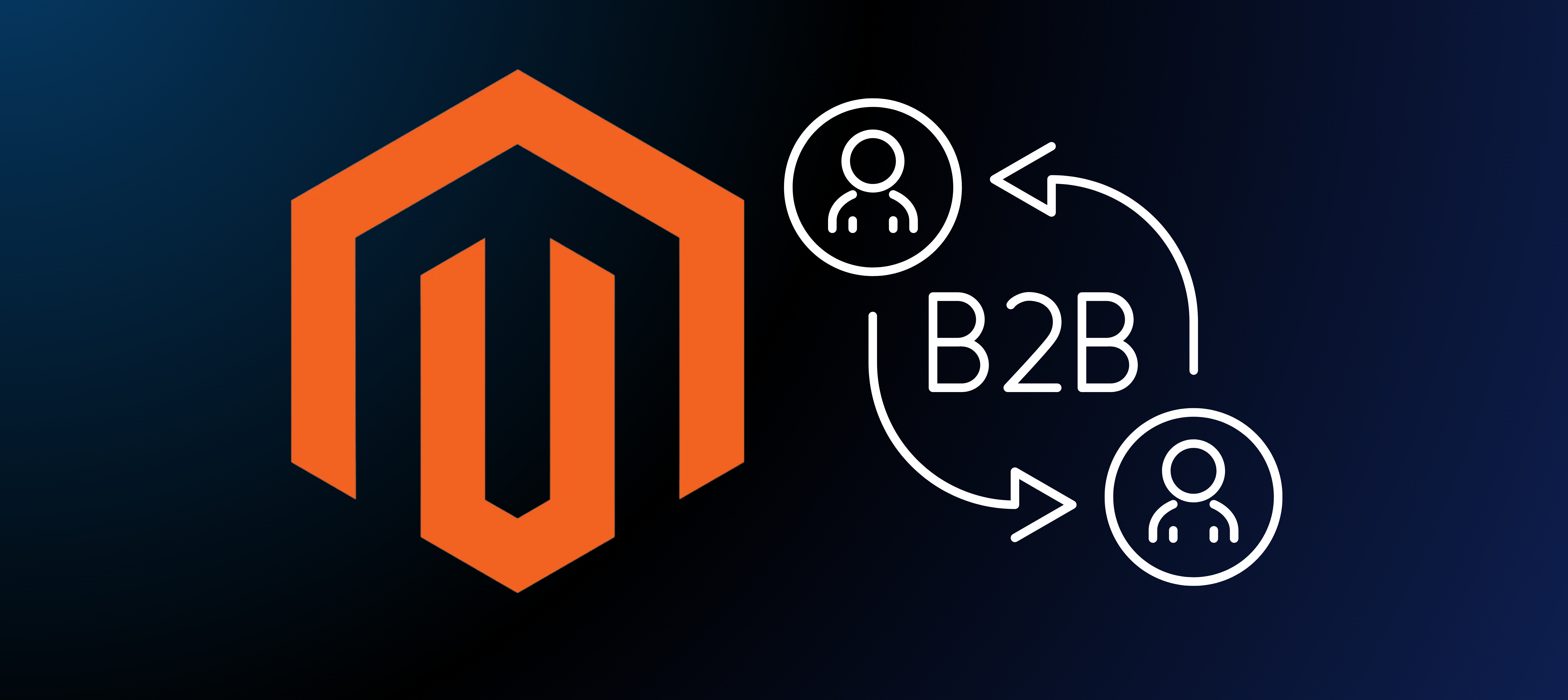Are you considering opening an e-commerce business or improving your existing online store? With so many alternatives on the market, choosing which platform is ideal for your organisation can be difficult.
There are two significant e-commerce platforms that thousands of businesses use today: WooCommerce and Shopify. But which one is a better option for you? As a business owner, you want a platform that is adaptable, inexpensive, and feature rich. But let’s face it: each platform has its own set of complexities that you must consider before making a selection.
This article will compare WooCommerce with Shopify and explain the differences so you can make an informed decision.
What is WooCommerce?
WooCommerce is a free, open-source platform that allows you to build a fully functional e-commerce store with WordPress. WooCommerce doesn’t provide web hosting or a comprehensive site design, but it includes several tools for improving the appearance of your site’s store, managing inventory, and processing payments.
You can also fully change any component of your site’s core code, giving you greater power than Shopify (though at the sacrifice of simplicity).
WooCommerce pros and cons
Pros
- Customisation – With access to the code and a large developer community, you can build a personalised online store.
- Cost-effective – startup costs of WooCommerce are minimal. You can pay for a solid WooCommerce hosting plan and domain name to get started, as both WordPress and WooCommerce are free to use.
- Integrations – you can leverage the platform’s sophisticated content management features. In addition, there is a large library of WooCommerce-compatible plugins in areas such as security, SEO, backups, payment gateways, and more.
- Scalability – WooCommerce’s scalability allows for building up massive stores that receive a lot of traffic.
Cons
- Technical skills are required to create highly customised stores.
- Self-hosted websites require maintenance, including updates, backups, and security measures.
- Potential compatibility issues as updating plugins with the site might be challenging.
- There is no customer support.
What is Shopify?
Shopify is a major hosted e-commerce platform powering millions of online stores. The platform includes integrated hosting, design tools, inventory management tools, payment processing, and the option to connect your Shopify store to an Amazon seller account.
Since Shopify is a hosted platform, all you have to do is create an account to get started. There is no need to buy your own web hosting or install any software.
Shopify pros and cons
Pros
- User-friendly – Shopify’s interface is clear and user-friendly. Users can quickly create and manage stores, and its simplicity of installation is certainly worth highlighting.
- Customisable – Shopify offers customisable themes suitable for a wide range of companies.
- Integrated payments – Shopify integrated payment gateway allows merchants to accept credit cards without the need for third-party accounts, while also supporting alternative gateways.
- Customer service – Shopify offers 24/7 customer service by phone, chat, and email. This means that if you ever get stuck, assistance is easily accessible.
Cons
- Advanced customisation may call for the knowledge of Liquid, Shopify’s templating language or hiring a professional.
- Shopify can be pricey to use due to monthly fees, transaction fees, and purchased apps or themes. Furthermore, you may require a developer for unique adaptations, which would incur an extra fee.
- Migrating from Shopify to another platform can be challenging, especially if you rely heavily on Shopify-specific features and apps.
WooCommerce vs. Shopify compared
Pricing
One of the first considerations when opening an online store is cost.
WooCommerce is less expensive because it’s free, while Shopify offers solutions ranging from $25 to $399 per month and charges between 0.5 and 2% of sales.
WooCommerce is a free WordPress plugin, offering a more cost-effective alternative to Shopify. Other fees include hosting, themes, and plugins. Paid plugins and add-ons increase the total cost as well. Remember that these fees may rise if you want a larger hosting package or extra services.
With Shopify, your price plan includes everything you need for your online store, eliminating the need for third-party hosting, themes, or plugins. More complex price plans may include capabilities you don’t need, resulting in payment for underutilised resources.
Integrations and plugins
As your online business expands, you’ll need to add more features to ease the process. WooCommerce and Shopify both have numerous add-ons, but let’s examine which platform has the upper hand in this regard.
WooCommerce’s open-source nature and interaction with WordPress result in an extensive library of plugins and extensions. The WordPress repository has a large number of free WooCommerce extensions and add-ons that you can easily find and download.
Shopify also offers a large number of add-ons accessible on its app store. Some add-ons are free, while others require either a one-time premium or a monthly membership. Shopify has an add-on for practically every feature you require.
WooCommerce wins this category because of its extensive library of plugins and extensions, which provides users with greater flexibility and customisation possibilities. Shopify’s proprietary nature may restrict the number of integrations and add-ons available to users.
Ease of use
As an online business owner, you want to spend your time on mission-critical tasks such as collecting client feedback, processing orders, responding to customer inquiries, and working with vendors. To accomplish this, you’ll need an easy-to-use and manage e-commerce platform.
WooCommerce requires some WordPress expertise to function properly. It also calls for additional initial setup because you must install and configure WordPress and the WooCommerce plugin.
Starting with Shopify is simple. All you have to do is enter the information and click next till the store is established. You can then add products and product information. Now, add a To
In terms of simplicity of use, Shopify is often regarded as more user-friendly than WooCommerce because of its clean and straightforward interface, which allows even non-technical users to set up and maintain their businesses.
Scalability
Scalability is vital for establishing an online store. If your e-commerce platform cannot manage the increased volume of orders, your business will suffer.
WooCommerce’s scalability is determined by the hosting provider you pick. The more powerful your hosting provider, the more scalable your WooCommerce shop will be. However, this may result in higher hosting costs, making WooCommerce less cost-effective than Shopify.
Shopify handles most technical requirements, including site hosting, making it simple to manage larger businesses and more orders. Scaling up is also simple, since you may upgrade to a higher plan as your business expands.
While Shopify may be regarded as more expensive, it provides a one-stop solution that eliminates the headache of finding a reputable hosting provider and e-commerce theme, as well as the need to engage a technical staff.
Dropshipping
To run a successful dropshipping business, you’ll need an e-commerce platform designed for this type of business. Both WooCommerce and Shopify provide excellent dropshipping possibilities.
WooCommerce is a popular dropshipping platform because of its ease of installation and integration with extensions. There are various dropshipping extensions in the WordPress repository, as well as third-party extensions.
Shopify is also a great dropshipping platform, with a variety of extensions and add-ons to help you simplify your shop, but potentially fewer customisation options.
Support
WooCommerce is an open-source solution without an official support channel. However, the official WooCommerce website provides a variety of materials, including tutorials, videos, and a knowledge base.
Shopify offers 24-hour support via live chat, phone, and email, making it simple to receive assistance whenever required.
It also provides a large knowledge library and tutorials to help with frequent concerns, decreasing the need to call support for each issue. If you want extra assistance, you may hire a Shopify professional.
Security
The level of security in your online business has a significant impact on the consumer experience. The WordPress CMS is where things get very exciting for WooCommerce shops. There are several plugins that you may add to provide tight-lock security for your shops.
Shopify is a PCI-compliant platform with an adequate level of protection. Shopify businesses normally provide consumers with a safe browsing experience. However, you will always be restricted in your alternatives and rely on the platform to continually upgrade its security standards. Shopify is also not a self-hosted platform; therefore, you cannot improve the security of your business by using your own hosting provider.
Conclusion
If you want to start an online business quickly, Shopify combines robust e-commerce tools with an easy setup procedure. It takes absolutely no specialised technological knowledge, but it comes at a cost: you don’t have any control over the platform and must pay a commission on each transaction.
WooCommerce can turn an existing WordPress site into a robust e-commerce platform with its wide ecosystem of plugins, extensions, and themes. To ensure that everything runs well, you must select a good web host.
If you’re looking for hosting experts, get in touch with us! We offer WooCommenrce hosting services based on over 20 years of hosting experience to give you the best performance, security, and stability for your online store.
Hi! My name is Dion, Account Manager at Hypernode
Want to know more about Hypernode's Managed E-commerce Hosting? Schedule your online meeting.
schedule one-on-one meeting +31 (0) 648362102





